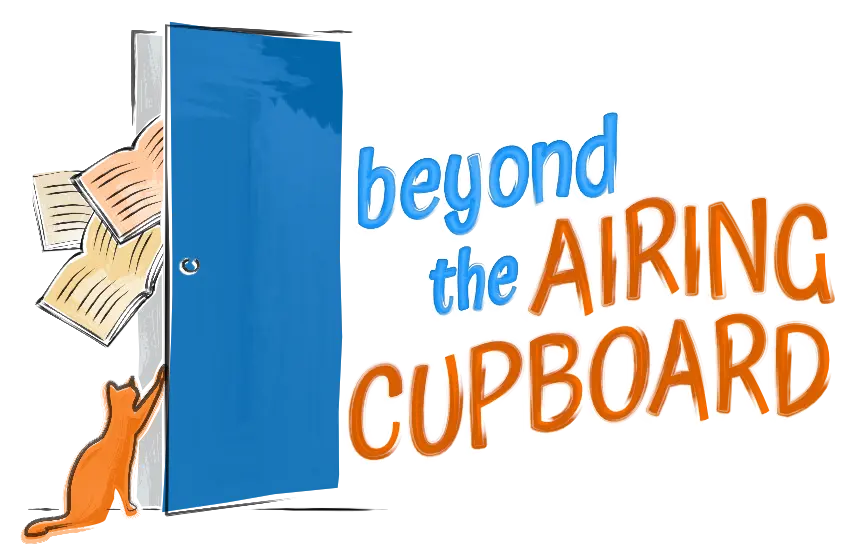I enjoy my U3A sessions on poetry, prose and plays but sometimes the bits around the edges prove to be the most interesting. Over coffee and a discussion about the vagaries of American politics, the person I was chatting to asked if I had read the book Demon Copperhead by Barbara Kingsolver. I hadn’t, although I had enjoyed The Poisonwood Bible, an equally fat read. Anyway, with half an hour to while away in Waterstones before a hair appointment, I acquired said tome and happily read my way through the first few chapters in the salon. It is an amazing work, a sort of serious parody (is that an oxymoron?) of Dickens’s David Copperfield which the author lifts out of Victorian Suffolk and London and plants down firmly and convincingly in 21st century Lee County, near Knoxville in Virginia, USA. (Real places, I checked.)
Social reformer that he was, Dickens had an acute and astute grasp on institutionalised poverty, its causes and its effects. Kingsolver has the same insight and understanding. Her characters are victims, mired in a poverty so deep that after generations of the same, they don’t even recognise it as anything other than the norm. Certainly it feels impossible for them to make positive and useful choices. Add onto this the disastrous opioid crisis that is afflicting swathes of the US, inevitably affecting poverty stricken communities the most, and you have the setting for this story.
During President Kennedy’s time in the early 1960s, a large social equality project recognised Lee County as one of the most economically deprived and challenged counties of the several thousand in the USA. Historically these remote mountainous communities were reliant on small holdings, a little tobacco, tomato fields and such like. They had no idea they were sitting on the riches of coal. When mining companies offered good money for their patches of land, they sold and then found the only place to work was in those mines where they were paid in tokens, only redeemable in shops owned by the same mining companies. Definitely a kind of modern slavery. Appalachia was seen by the 1960s project as having largely missed out on the growing economic wealth of America.
So that was over 60 years ago and now Demon ( Damon) Copperhead is born to a drug addicted mother in a trailer and after a violent stepfather appears on the scene and his mother dies, he is abandoned to the horrifyingly inefficient Virginia foster care system. Being a destitute child in Victorian London could be no worse.
You could choose to read this novel carefully following the plot of Dickens’ story as it works its way through the modern narrative but I was far too absorbed to do this. Afterwards though it was fun to look back and recognise the modern Micawber family, the McCobbs, constantly pursuing money-making schemes that are doomed to economic failure. The slimy Uriah Heep becomes U-Haul, the character who is the main antagonist of Demon. He is threatening and thoroughly obnoxious, all the while embezzling money and undermining one of the few reasonably pleasant foster homes that Demon experiences. All the people of Dickens’s novel have their parallels.
I found this story so powerful in its new setting and the author writes with both conviction and compassion. She lives on a farm in South Appalachia; she knows. Kingsolver is a campaigner and a sometime political activist, pushing forward the case for social justice. I have read that whilst writing this, she felt she had a genius friend walking by her side: Charles Dickens.
‘I was born to wish for more than I can have,’ says Demon and the resilience and the power of the human spirit to survive and conquer seemingly impossible situations is both compelling and life affirming. Dickens now, would, I think, be very pleased to see the enormous, positive changes in the lives of children that have taken place over the last 150 years, with admittedly some awful exceptions. Conversely, he would be appalled by the life of young people in many rural areas of the US, even before the all consuming horror of the present drug crisis. As Barbara Kingsolver takes on the mantle of social reformer, she is much needed.
About two thirds through the over 500 pages, I started to try and remember what happens to David Copperfield (and thus presumably to Demon Copperhead) in the end. And I then did remember Agnes. Thank goodness for Agnes. In the modern retelling Demon does indeed have his own Agnes, confusingly a girl who calls herself Angus for most of the story. She is there all the time and always has Demon’s best interests at heart. Some of the narrative is bleak in this book and I needed them to find each other in the end, driving off into the sunset with hope, both for themselves and for the reader. Thank you Barbara Kingsolver … and Charles Dickens.
Happy Reading.
